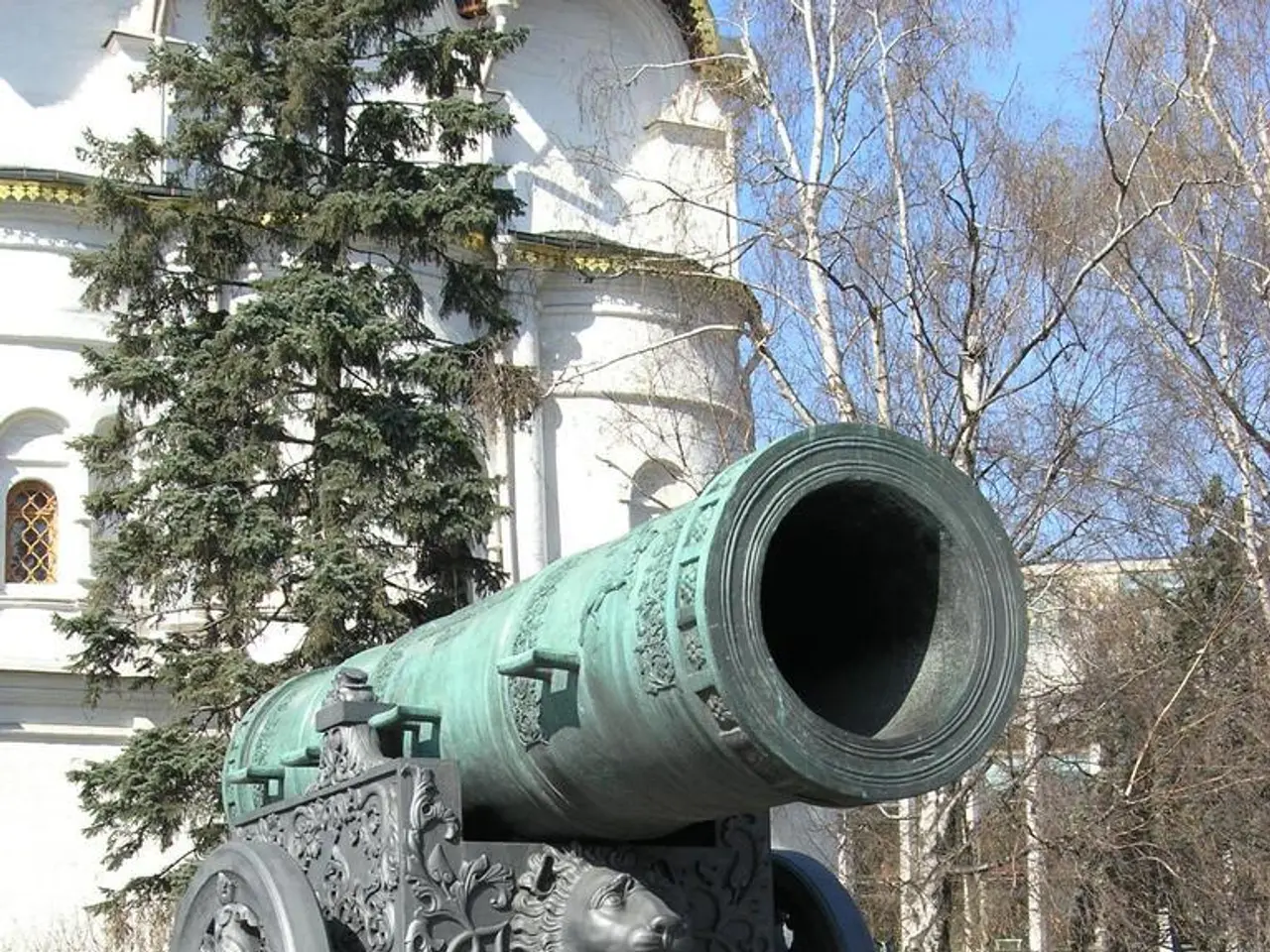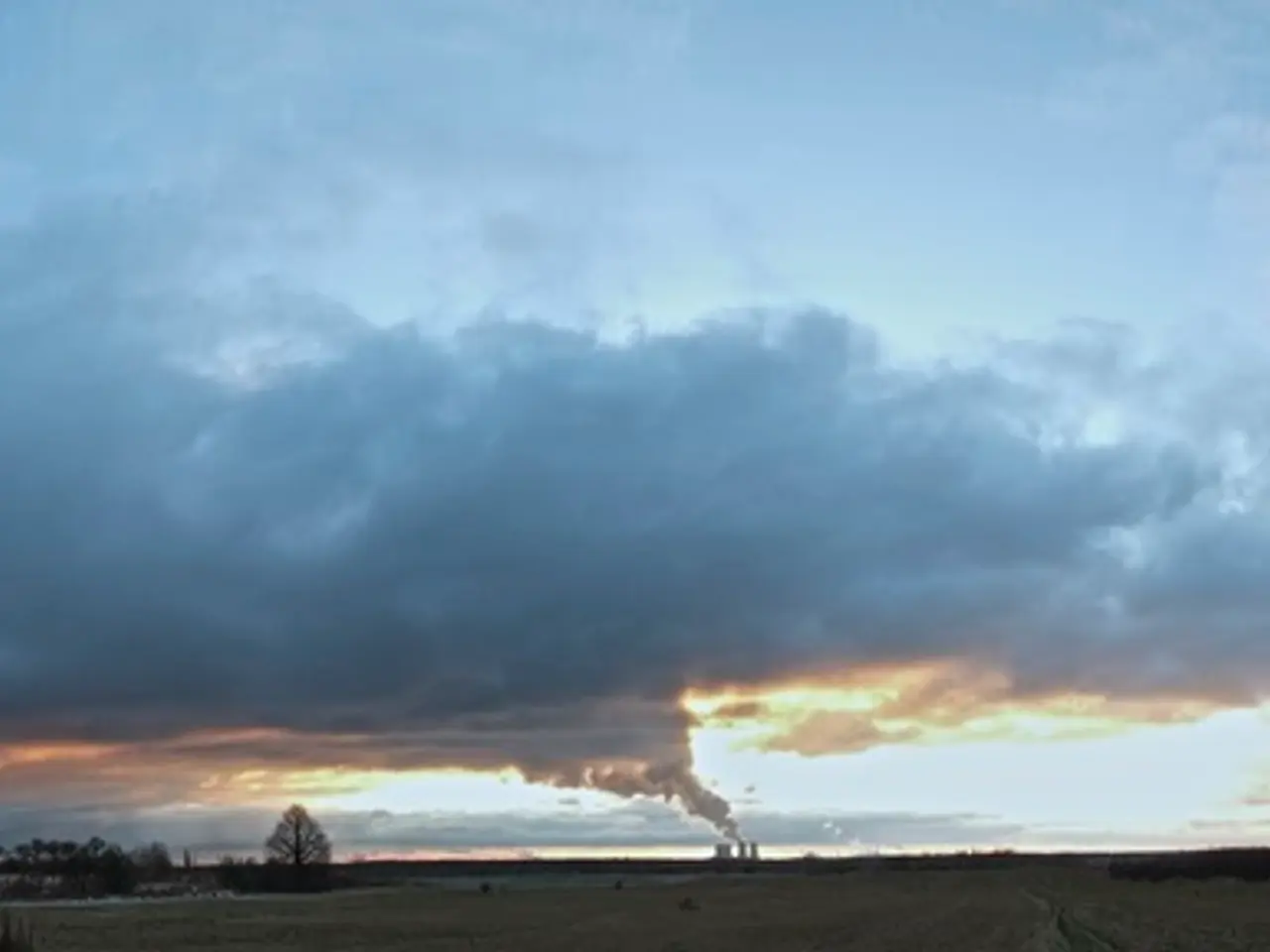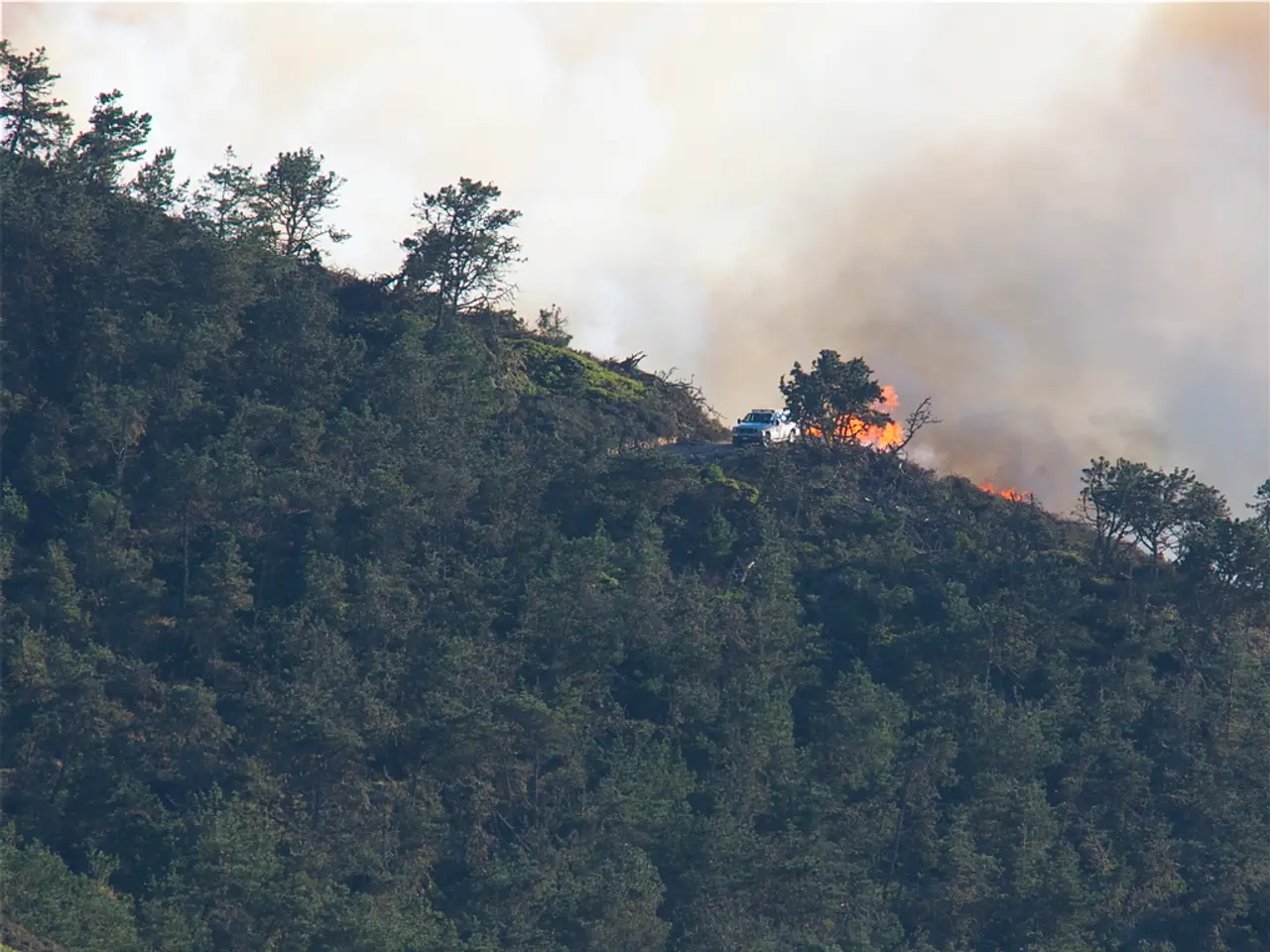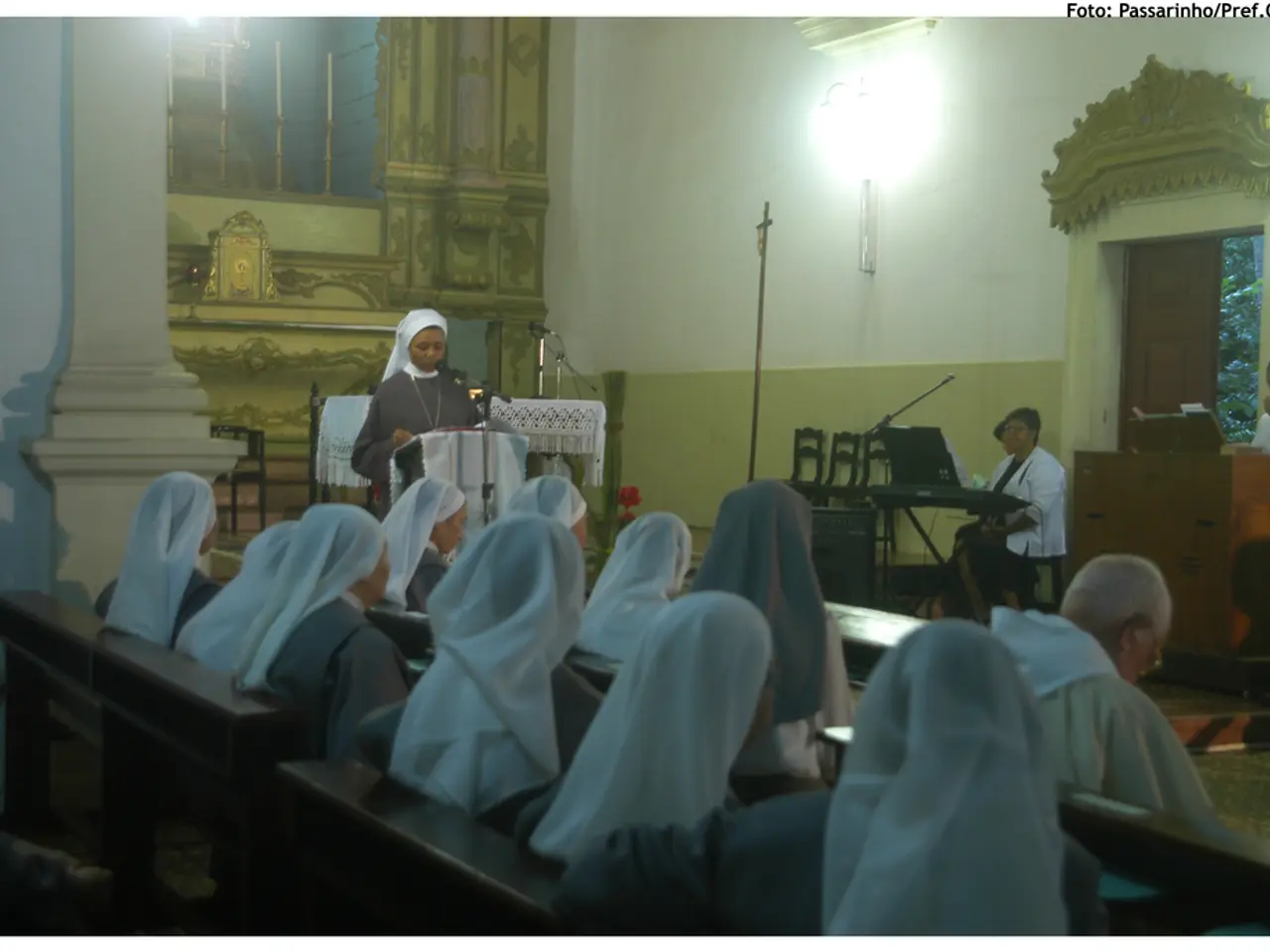Anticipated Ideal August: Meteorologists Revise Prognosis for Final Month of Summer 2025
Meteorologist Yevgeny Tishkovets predicts that August will continue the trend of abnormal heat, with average monthly temperatures in the Central Federal District and on the Russian Plain being 1-2 degrees above the long-term average. This prediction follows a summer heatwave that was recorded in several Russian regions, with temperatures 2-3 degrees above the climatic norm.
The summer of 2025 is notable for its extremes. While southern Russia is experiencing intense heat and excessive rainfall that are damaging crops and threatening the agricultural harvest, experts predict the situation will be worse than in 2024, worsening inflation risks due to shrinking food supply. Conversely, in the Ural region, a notable cold anomaly occurred in July 2025, with Izhma recording an unusually low temperature of -3.0°C.
Moscow's summer has remained moderately hot, with average temperatures around +19 to +21 °C and occasional brief heat waves exceeding +30 °C. Krasnoyarsk, a traditionally cooler city, has seen average daily temperatures consistently exceed 20 degrees, a rarity for the city.
The overall climate trend for Russia in 2025 is marked by high variability. Unusually warm days were recorded in Central Russia, the Urals, and Siberia, briefly interrupted by cool periods. Summer rains in Russia will not lead to prolonged flooding, with the volume of precipitation only slightly exceeding standard values by about 10%.
Forecasts indicate no sudden changes or extreme temperature fluctuations by the end of the summer in Russia. Nighttime temperatures in August will range from +10 to +15 degrees Celsius, and daytime temperatures will range from +20 to +25 degrees.
July was the hottest in 30 years for Krasnodar, Rostov-on-Don, and Krasnoyarsk. Despite these extreme temperatures, Moscow's summer remains relatively mild compared to these regions.
These complex and regionally varied climate conditions in Russia for summer 2025 highlight the challenges faced by agricultural and economic sectors, as both damaging heatwaves and record summer cold are complicating outlooks.
Environmental-science experts continue to analyze the unusual weather patterns in Russia, with the summer of 2025 showing a clear impact of climate-change on the region. The abnormal heat in certain areas, such as the Central Federal District and the Russian Plain, is a concern for scientists studying the science of climate-change.








